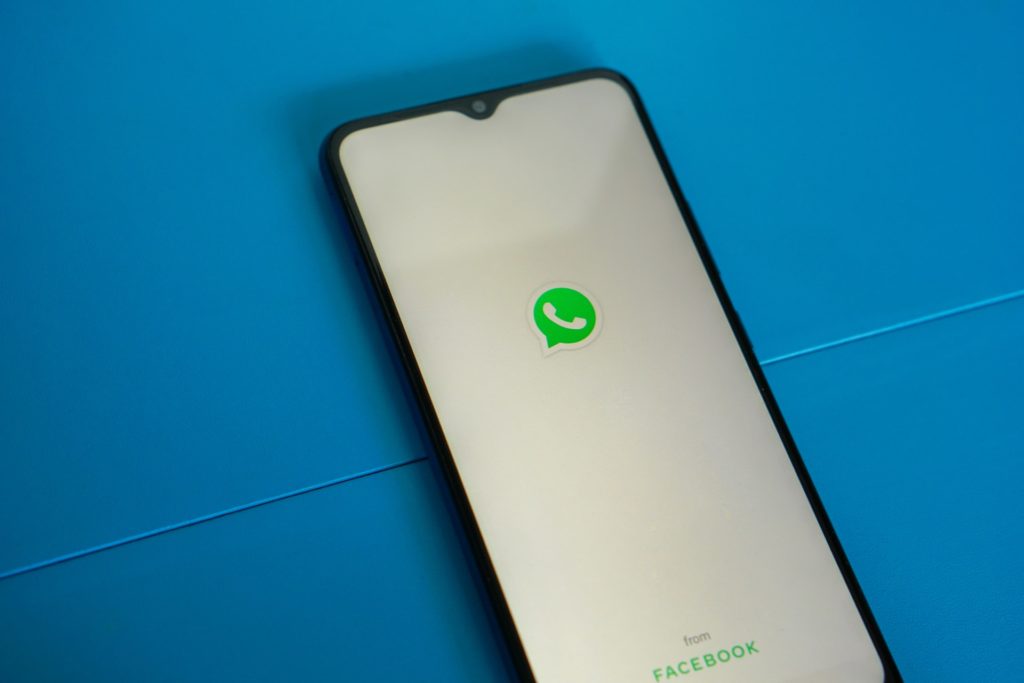If you’ve been following the tech news as of late you might have seen Google going at Apple about RCS and how its message “lock-in” system is hurting everyone. Now, if you’re wondering what RCS is, why the tech giant is putting it front and center in its latest spat with Apple, here’s a breakdown.
RCS is SMS 2.0
Decades ago, SMS was one of the most efficient ways of communicating. Prior to the modern advent of the internet and the barrage of instant messaging services, texting via SMS was as convenient as it ever got. But by now, SMS is way past its prime time. Not many people choose to use SMS today and for good reason. For one thing, texting back and forth is noticeably slower. Then sending media like images and videos are a hassle. Yes, MMS is a thing but that’s arguably worse than using SMS.
Our standard communication habits have drastically changed thanks to technology. But sadly, SMS never adapted well enough with the times. Now it’s almost like a relic residing in your smartphone.

RCS, or Rich Communication Services, has been in the works since 2007. It’s largely seen as the spiritual successor to the age-old SMS. It brings in content-rich features to the decades-old technology with features like group chats, high-res images, audio, video, read receipts, real-time viewing, and even encryption.
Google announced RCS adoption back in 2018. So far you can find RCS features available on Android Messages and Samsung Messages apps. Though it sounds restrictive on the outside, Android Messages are shipped by default on all Android smartphones. You can find these under “chat” features (not to be confused with Google Chat, which is a separate app).
Apple’s arrogance
So where does the trillion-dollar company fit into the equation? Well, it all comes down to iMessage and Apple’s general closed system strategy. It’s no secret that the company actively makes an effort to keep its walled garden, well, like a walled garden. In fact, the Epic vs Apple trial has shone the light on now public internal confidential emails. One of them revealed how the company is consciously holding back iMessage to get users to be more dependent on Apple products (surprise!).
Recently, Hiroshi Lockheimer, SVP at Google, tweeted that his company is merely asking Apple to support RCS in iMessage the same way it supports SMS/MMS. He further adds that “By not incorporating RCS, Apple is holding back the industry and holding back the user experience for not only Android users but also their own customers”.
Apple’s lock-in approach aside, there’s inherently no real motivation for the company to adopt RCS. True, having RCS as a fallback option could potentially improve the experience for iPhone users. But one would ask if users are really missing out in a world with WhatsApp, Facebook Messenger, Viber, and everything in between.
Though The Verge argues that considering the increased scrutiny and other recent issues may prompt Apple to bring iMessage to Android or RCS to iMessage as a compromise. After all, it did launch a Self Service Repair program this year. Nobody ever thought the tech giant would take a step in the Right To Repair direction.
Google’s abysmal history with messaging
It’s also worth noting that Google never figured out messaging. Not only as an iMessage competitor but a general messaging service from the company. Since the advent of iMessage in 2011, Google has pushed 13 different messaging products.
It’s extremely bizarre for a company that’s so deeply embedded in technology and communications to get something seemingly so straightforward wrong. Over the years, we’ve seen everything from Google+, Messages, Google Hangouts, Allo, Duo, to Google Chat. Hangouts in particular, which had decent reception, went through changes following Covid. Even though it’s the more popular of the messaging apps, Google is shutting it down and replacing it with Chat in Gmail.
But wait, do we even need an SMS upgrade?
SMS may be seen as the dinosaur of modern mobile communications, it’s still in use today. Granted, a large chunk of these are probably promotional texts and identity verification messages like OTPs. Also, people are likely to WhatsApp you for everything, be it a personal text or official communication from that “important” workgroup chat. Even if it’s a text from a stranger you’re probably going to get a WhatsApp message.
Now, it remains to be seen if properly implemented RCS will be viewed as a viable alternative to existing messaging apps in the market. But an improved version of SMS could prove to be a great means of fallback communication. As Lockheimer puts it, “If you want to reach someone and you don’t know whether they use app x y or z, you have high confidence that sending them a text (SMS) will work. That’s because it’s a standard and supported by essentially all mobile devices.”

Plus, if you’re someone keen on getting away from a certain ecosystem like Facebook/WhatsApp, this would come as a sensible option. At least in theory since Android Messages ship with smartphones by default. Though I fear I may be in the minority for this point.
Will Google succeed?
Messaging is crucial, particularly if you want to grow and bring value to your existing tech ecosystem. It’s why Facebook bought WhatsApp, why Salesforce paid a whopping USD 27 billion for Slack, and Telegram is pulling USD 40 billion valuations from investors.
But in terms of Google, it’s unclear how well the company’s RCS strategy will pan out. History isn’t on its side. Its biggest competitor is dominating the space on its own. It also doesn’t help that the actual value addition of RCS to the typical user is getting hard to justify when compared with the available selections like WhatsApp, Telegram, Signal, and the like. Especially when most of these platforms are constantly updating to add new features and services.





GIPHY App Key not set. Please check settings